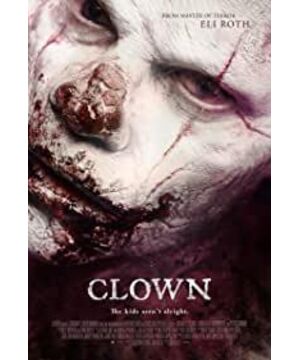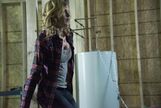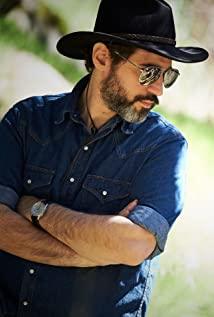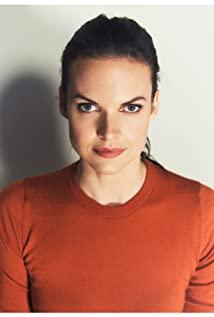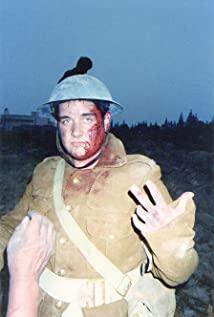The clown is in every corner, as long as you pay attention to him, he will be there.
I think the front part of this film is very nonsensical, but it slowly shows a little boy who has a tragic experience. He has a mental illness. And this is not sad. The sad thing is that the society is also sick. They did not help the weak and helpless, and even basically respected them. So it was the passage that moved. The worst thing about mental illness is that everyone expects you to pretend to be okay. The queer is blamed because he is not respected, not understood. Then I will talk about the story of my own dressing. First of all, the death and robbery of the little boy's parents is the child in the last scene. The title of the film and the final shots should be able to illustrate this point. He was adopted by his adoptive mother but was abused, and grinning was a state that kept him from crying. See the plot supplement of her mother's report. He suffers from phantasy, so there is a big conflict between what he desires and the repressive part of reality, and he is eager to achieve a relationship and hope to be recognized by the society. So most of the social turmoil and intimacy plots in this story are his fantasies, including his self-imagination of society abandoning him, and when all the doctors persuaded him to improve his state, he fell into mania, so one by one disappeared. The doctor who appeared. In this film, strangers always appear to be incomprehensible to his strange behavior, which leads to conflict and his mania. Of course, every evil villain is not inherently evil. They have their pity, but because they don't want to be covered up, they have strong desires to oppose society.
Once I saw this layer, I didn't think about the rest.
View more about Clown reviews


